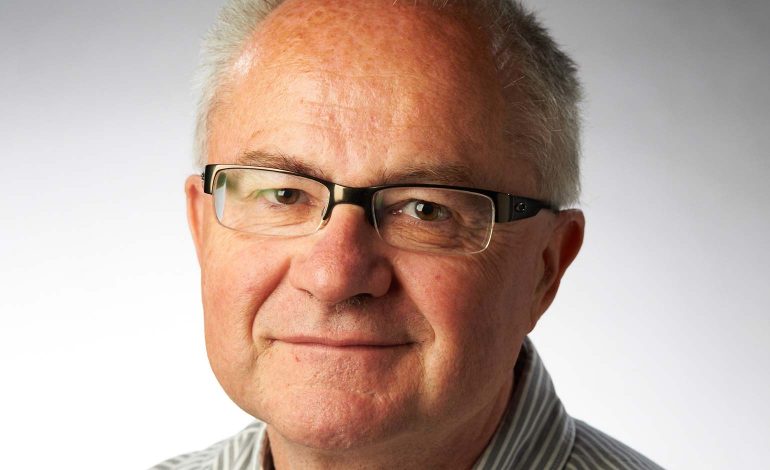Health psychologists at the University of Bath will lead the UK part of a new international study to learn more about the mental health impacts of COVID-19 and lockdown on children and young people.

Clinical psychologist Professor Paul Stallard | Photo © University of Bath
An online survey has been launched, aiming to gain feedback from the parents and carers of children aged 6 – 16 on how young people are coping with the lockdown and its impacts on their mental health.
Led by leading childhood clinical psychologist, Professor Paul Stallard from the University of Bath’s Department for Health, the study is being undertaken with academic colleagues across five countries which have experienced extensive lockdowns and school closures: the UK, Portugal, Spain, the Netherlands and Romania.
Through the new survey, the researchers want to understand more about how children and their caregivers are coping with social distancing, school closures and other challenges imposed by COVID-19.
The one-off, anonymous, online survey asks parents and carers about how their child is coping and how they think this period is impacting their overall wellbeing; as well as for reflections on their own parenting, and the different ways families are managing. It takes approximately 20 – 30 minutes to complete.
Professor Stallard explained: “Covid-19 and our responses to it, be that social distancing, school closures and full lockdown, has clearly and significantly disrupted the everyday life of our children.
“Young people may have many worries about the pandemic and their anxiety may be heightened by repeated media coverage detailing the spread of the outbreak and the fatal consequences.
“Social distancing and school closures may also make them feel isolated and lonely, or low in their mood.
“We know that family relationships may become strained too as families spend increased time together 24-7, often in small, confined spaces.
“Parents can be unsure how they can help their children through this as well as how they can help them to keep physically and mentally strong.
“These are, quite obviously, unprecedented times so we have little previous information to draw on to help us understand the effects and to plan how we can best help our children.
“By gaining more information from parents and carers about the impact this is having on young people, we really want to be able to provide tailored resources that can better help people to cope.”
Professor Stallard has previously helped to develop technology-based solutions to mental health challenges for young people, including the award-winning phone app ‘BlueIce’.
Research from 2019 found this app could can have a significant impacts on reducing self-harm among young people.
To access/complete the new survey, visit: https://ulfp.qualtrics.com/jfe/form/SV_8l8UYY7wz6n9JgF.



